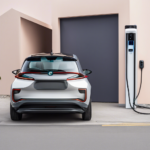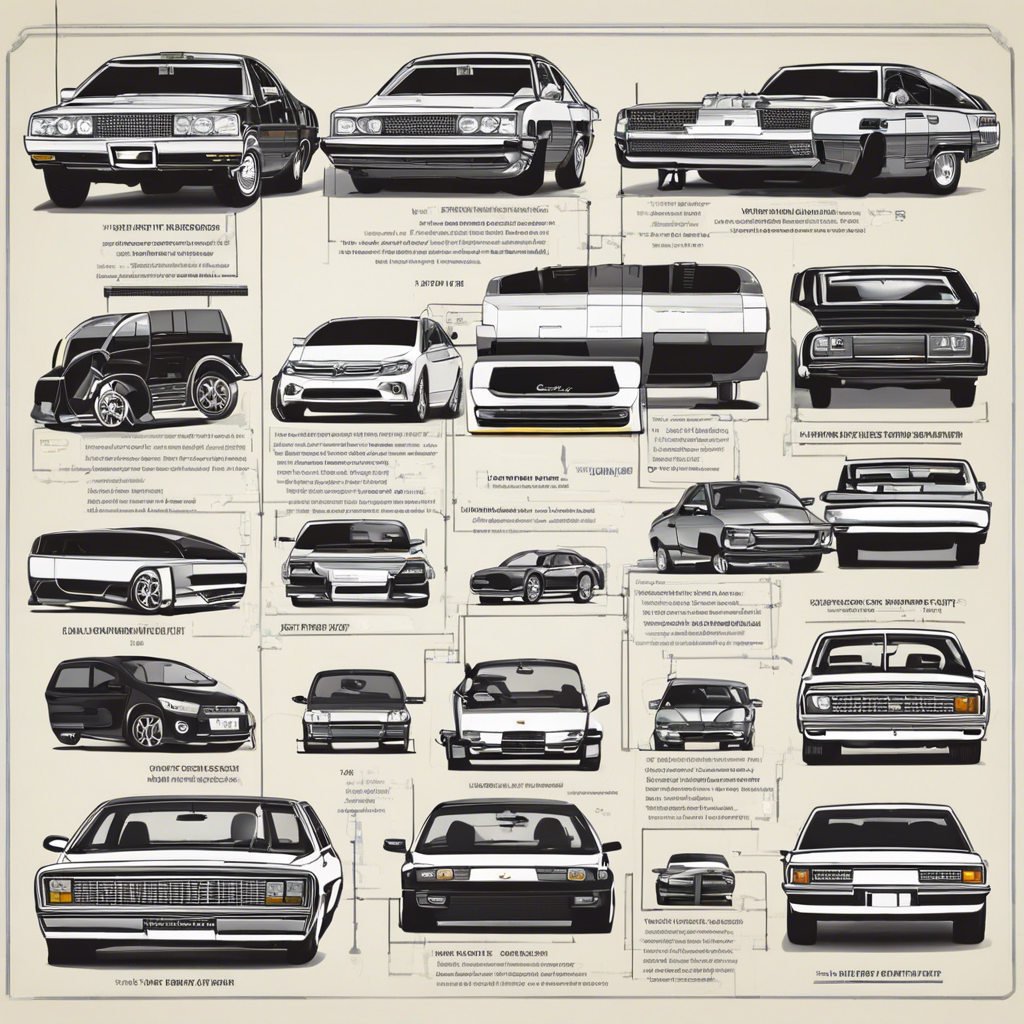Hybrid technology has revolutionized the automotive industry, offering drivers an eco-conscious alternative to traditional gasoline-powered vehicles. The concept of hybrid cars has come a long way since its inception, and its evolution is a fascinating journey of innovation and sustainability. The automotive industry’s pursuit of greener transportation has resulted in the development of hybrid systems that combine electric motors with conventional internal combustion engines, showcasing a harmonious blend of power and efficiency.
The roots of hybrid technology can be traced back to the late 19th century when inventors like Porsche and Schumacher tinkered with the idea of electric vehicles. However, the modern hybrid era began in the 1990s when Toyota introduced the world to the iconic Prius. This groundbreaking vehicle showcased the potential of combining an electric motor with a gasoline engine, and it quickly became a symbol of the environmental movement. The Prius captivated the public with its innovative design and impressive fuel economy, paving the way for the widespread acceptance of hybrid vehicles.
Despite the initial success of the Prius, hybrid technology faced challenges in gaining widespread adoption. Early hybrids were often more expensive than their conventional counterparts, and consumers were skeptical about the reliability and performance of these new powertrains. Engineers had to address concerns about battery durability, charging infrastructure, and the overall efficiency of hybrid systems. To overcome these obstacles, automakers invested heavily in research and development, working tirelessly to enhance battery technology, improve charging networks, and optimize hybrid powertrains.
The evolution of hybrid systems in cars has been remarkable. Early hybrids featured simple parallel configurations, where the electric motor and gasoline engine worked together to propel the vehicle. As technology advanced, automakers introduced more sophisticated designs such as series hybrids, which utilized the electric motor as the primary source of power while the gasoline engine acted as a generator. This allowed for extended electric driving ranges and improved overall efficiency. Today, hybrid technology has evolved into various forms, including mild hybrids, full hybrids, and plug-in hybrids, each offering distinct advantages and catering to different driving needs.
One of the key advancements in hybrid technology is the development of regenerative braking systems. This innovative feature allows the vehicle to capture the energy that is typically lost during braking and convert it into electricity to recharge the battery. Regenerative braking not only improves the overall efficiency of the hybrid system but also extends the lifespan of brake components, providing a win-win solution for both drivers and the environment. Moreover, hybrid vehicles have become increasingly intelligent, employing advanced computer systems to optimize energy usage. These onboard computers monitor driving conditions and adjust the balance between the electric motor and gasoline engine accordingly, ensuring maximum efficiency and performance.
As hybrid technology continues to evolve, automakers are pushing the boundaries of design and functionality. Modern hybrids are not only more efficient but also offer improved performance. The latest hybrid models deliver impressive acceleration and handling characteristics, challenging the perception that eco-friendly cars lack power and excitement. Furthermore, the integration of advanced driver-assistance systems (ADAS) and autonomous driving features enhances the overall driving experience, making hybrids even more appealing to tech-savvy consumers.
The environmental benefits of hybrid technology are undeniable. By reducing the reliance on fossil fuels and lowering carbon emissions, hybrids play a crucial role in combating climate change. As countries around the world implement stricter emission regulations and promote sustainable transportation, hybrids are poised to become even more prevalent on our roads. The shift towards electrification in the automotive industry is gaining momentum, and hybrid vehicles serve as a bridge between conventional cars and fully electric vehicles, providing consumers with a familiar yet eco-conscious driving experience.
Looking ahead, the future of hybrid technology is promising. Automakers are exploring new materials and manufacturing processes to make hybrid powertrains more affordable and accessible. The development of solid-state batteries, for instance, could revolutionize the energy storage capabilities of hybrid and electric vehicles, offering faster charging times and greater driving ranges. Moreover, the integration of renewable energy sources, such as solar panels on vehicle roofs, may further enhance the sustainability of hybrid cars.
In conclusion, the evolution of hybrid technology in cars has been a remarkable journey, transforming the way we drive and think about transportation. From the early days of the Toyota Prius to the advanced hybrid systems of today, this technology has proven its ability to offer a more sustainable and efficient driving experience. As the automotive industry continues to innovate, hybrids will play a vital role in shaping the future of mobility, providing a greener and more exciting driving experience for generations to come. The evolution of hybrid technology is a testament to human ingenuity and our commitment to a more sustainable world.










